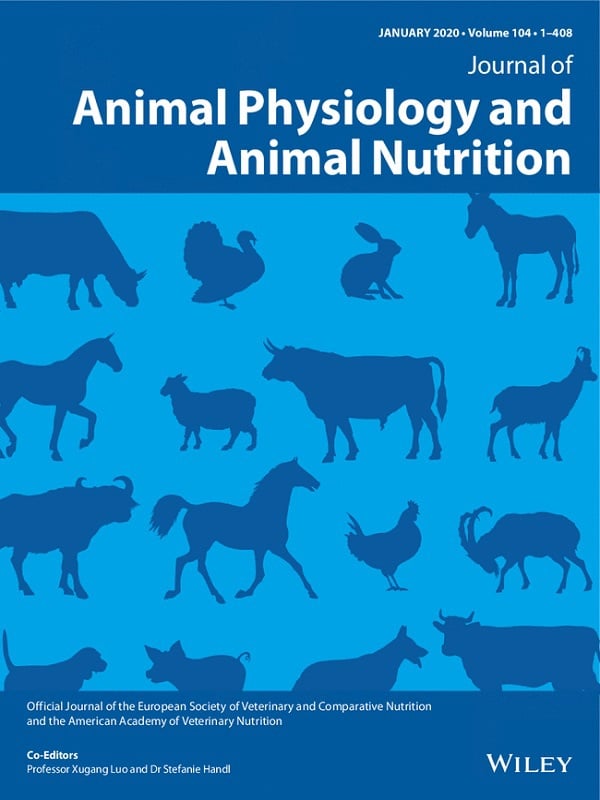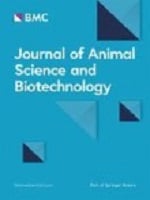
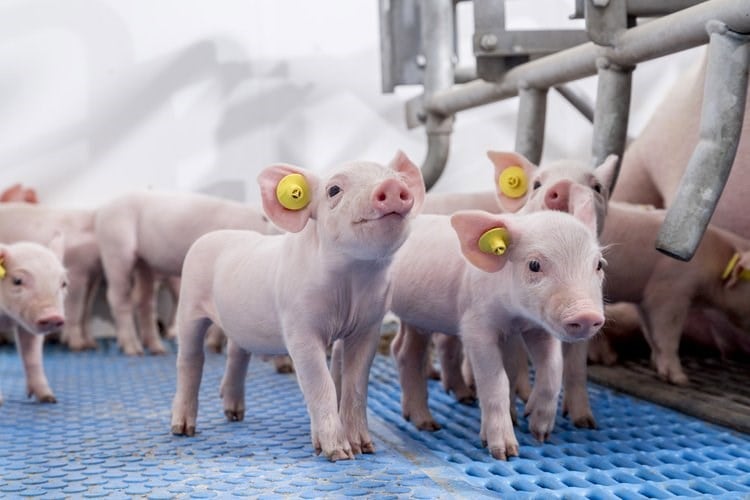
Reducing the use of antibiotics
Changing regulations are making it more urgent than ever for piglet producers to take a holistic feed-farm-health approach that reduces the reliance on antibiotics and other pharmaceuticals.
For example, in January 2022, new EU regulations came into effect banning pharmaceutical levels of zinc, which were used in nursery pigs to reduce post-weaning diarrhoea and improve performance. This requires an even stronger focus on maintaining herd health by overcoming the immunity gap around weaning, while safeguarding vital nutrients for health and development.
At Trouw Nutrition, we designed our Antibiotic Reduction Program to support producers in reducing reliance on antibiotics without compromising on efficiency and productivity.
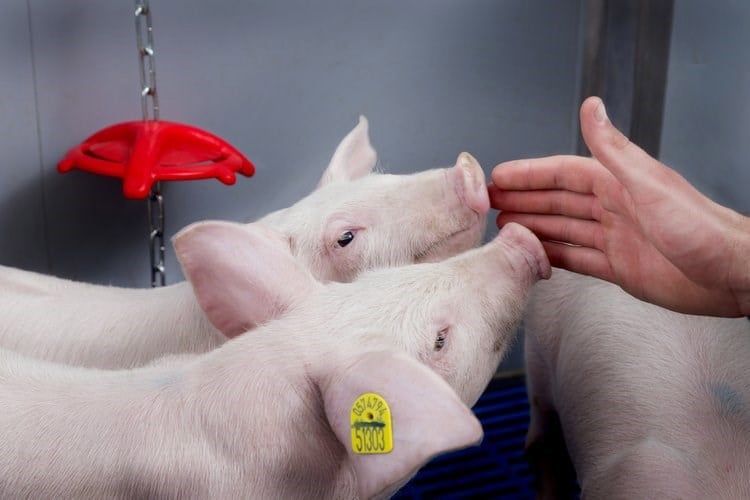
High-performing piglets
You know how important the right nutrition is to your piglets’ performance – and that feed is the most significant cost you face in raising livestock. To get the most from your investment, and make sure your piglets grow into healthy, high-performing adults, it is important to ensure they adequately digest the nutrients in the feed you provide them. This is particularly important right after weaning, a time of significant change for piglets.
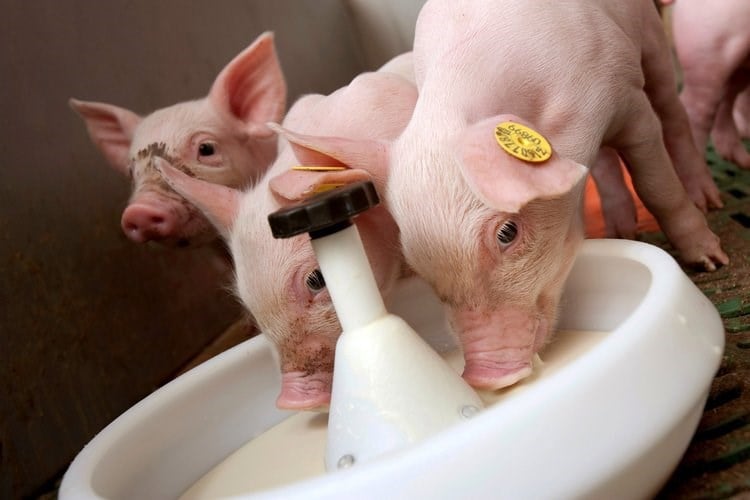
Managing feed and water for piglets
Piglets, whose bodies are composed of 80% water at birth, require direct access to ample quantities of clean, fresh water as well as quality feed to thrive. Managing livestock carefully from the start benefits both farmers and animals. This will lead to improved production and financial results over the long term.
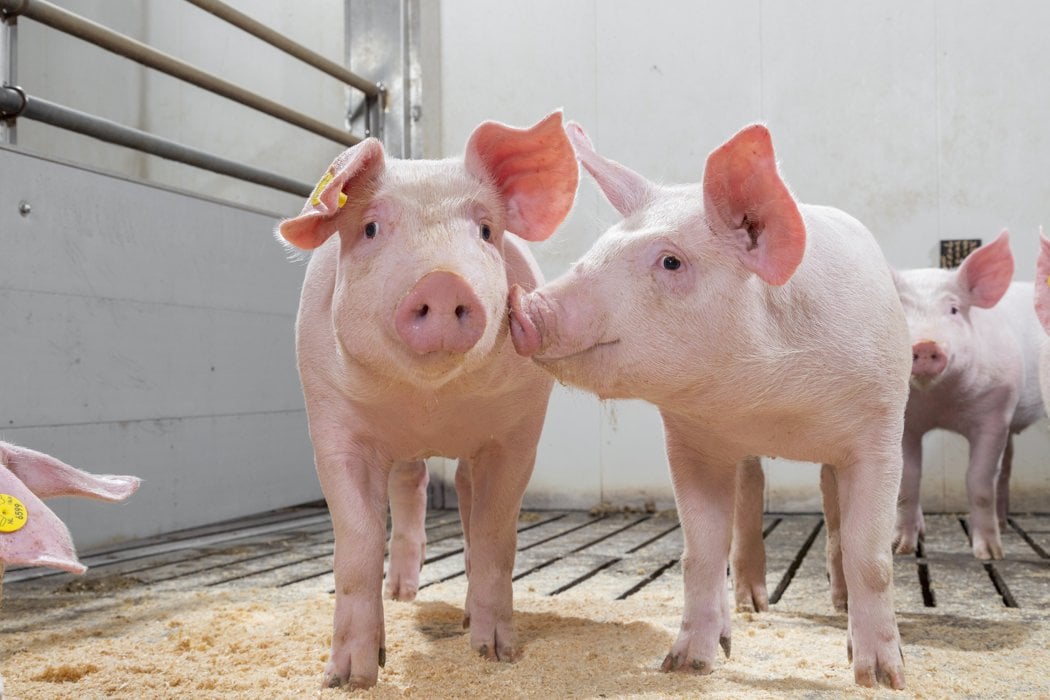
Controlling Salmonella in piglets
Salmonella infections in swine are mostly asymptomatic, but can cause diseases, manifesting as Septicemia and/or Enterocolitis. Especially at and after weaning, piglets are very susceptible to Salmonella contamination. Salmonella ultimately affects not only animal health but also has human health ramifications – so it is important to start to control it as early as possible in the production chain. A customised, integrated approach can protect and empower the animals against Salmonella colonisation and invasion and may reduce its horizontal transmission.

Optimising minerals in a piglet’s diet
Trace minerals, such as zinc, copper and manganese, are essential to piglets’ development and metabolism. They support multiple essential functions, including growth performance, immune response and health. Provided in wrong form and amount could lead to a negative impact on a piglet’s productivity, reduced feed intake and body weight gain and lead to lower weaning weights, disease response and potentially increased mortality. Therefor we encourage swine producers and nutritionists to work together to provide a cost-effective trace mineral source most capable of consistently meeting the needs of the animal.
Piglet diets should be formulated not only to meet nutritional requirements but to stimulate digestive functioning and fully support the immune system as it matures.


